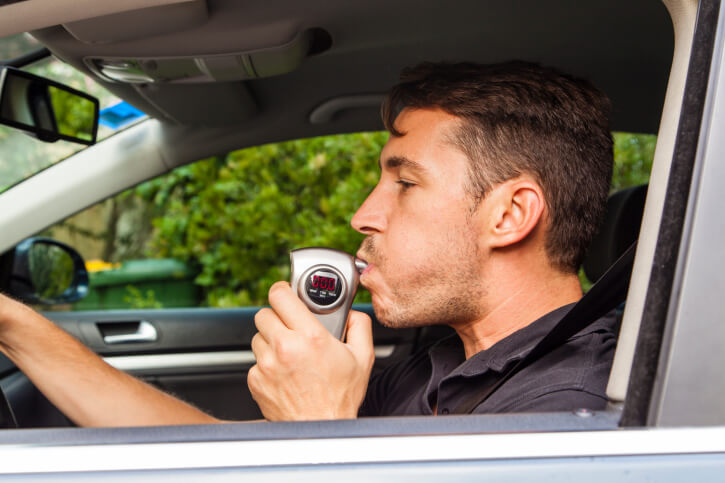
What is a Criminal DUI Defense?
Most defendants charged with a criminal DUI are eventually convicted. Successful criminal DUI defense is possible, but difficult. The burden of proof in a criminal case is still on the prosecutor. However, the criminal defense attorney will need convincing arguments to convince the jury of the defendant’s innocence.
BAC Levels and Testing
Each state creates their own laws for DUIs and DWIs. In all 50 states, the driver is intoxicated when the blood alcohol level (BAC) level of above .08 percent. For drivers with a BAC levels about .15 percent, the criminal charges are more severe. A person’s blood alcohol level can vary by weight, gender, alcohol type, food consumed and other factors.
When the police officer pulls over a driver due to reckless driving or other probable cause, the driver maybe asked to take a field sobriety test. However, the driver should only take the breathalyzer test. This test result is inadmissible in court, but it establishes if additional chemical testing is necessary. The second chemical tests, either urine or blood tests, show the blood alcohol levels. The blood and urine tests are considered more accurate than the breath tests, so the prosecutor uses these results to establish the DUI charges.
Criminal DUI Defense Strategies
A skilled criminal defense attorney can mount an effective criminal DUI defense against the prosecution. Most criminal DUI defense strategies are based on challenging the BAC test results, especially the breathalyzer tests or the field sobriety tests. The field sobriety tests are not fully standardized; often times, the police officer subjectively decides what passes as sober behavior. Examples of sobriety field tests include: walking on the straight line heel to toe, touching fingers to the nose and reciting the alphabet backwards.
Defense lawyers may use other criminal DUI defense strategies like highlighting police errors, such as: not reading the Miranda rights to the driver, misjudging a driver’s level of drunkenness or stopping a driver without probable cause.
Penalties
A first degree offense is the most serious, and a defendant can be sent to jail for up to 20 years. Both first and second degree criminal offenses carry in jail time as a punishment. Third and fourth degree offenses are considered less serious. Sometimes a criminal DUI defense attorney can convince the prosecutor to lower the charge from a second degree offense to a third degree offense so the punishment is less severe.
Criminal DUIs are considered a public safety hazard, so punishments are normally quite harsh, especially for repeat offenders. Many convicted drivers will face a driver license’s suspension for at least 3 months or more, and an ignition interlock system may be installed in their vehicles. This system requires the driver to take a breathalyzer test before the car will start.